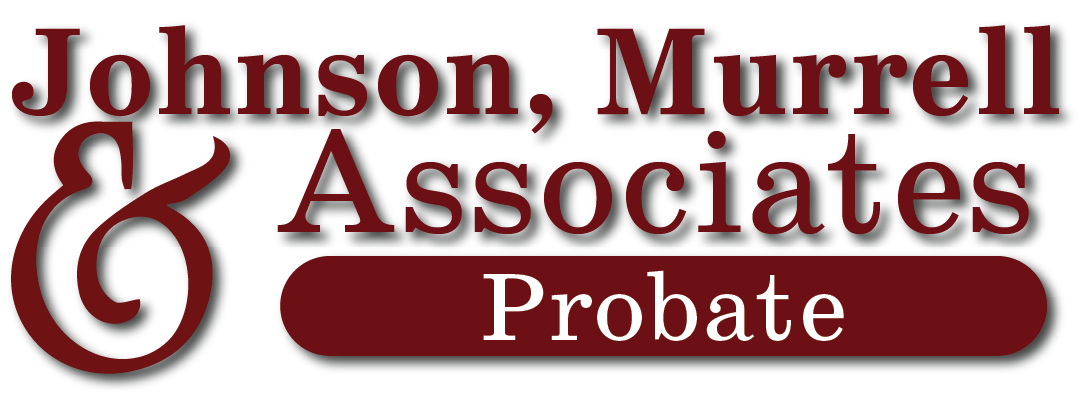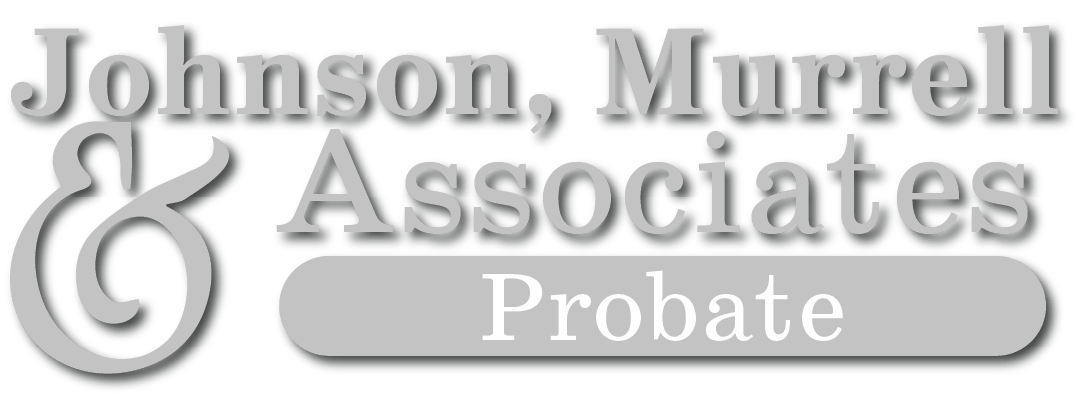When a loved one passes away, the process of settling their estate can be overwhelming. Understanding what probate is and its purpose can provide clarity and alleviate some of the stress associated with the process.
Probate prepares an estate to be distributed to the rightful beneficiaries or heirs. First, an estate must pay off debts and taxes so the remaining assets are fully owned by the heirs.
What Is Probate?
Probate ultimately exists to protect the best interests of all parties involved in an estate. Imagine for a moment that there was no legal procedure for what happens to an estate when a person dies. There might be all sorts of claims about who takes possession of the person’s property or finances, and the law would be unable to settle disputes.
Probate is the legal process of administering a deceased person’s estate. It involves several steps, including:
- Filing a petition with the probate court
- Identifying and notifying the beneficiaries and heirs
- Paying off debts and taxes
- Distributing the remaining assets

Filing a Petition With the Probate Court
If the deceased left a will, it must be deposited by the executor at the probate office of the county where the person lived. The will’s validity must then be established in court. In the absence of a will, a family member must seek a court appointment as an administrator.
Once the will is validated, probate allows the executor to carry out the direct wishes of the person who passed.
Identifying and Notifying Beneficiaries and Heirs
The executor must notify the beneficiaries that they are entitled to inherit assets under the terms of the will within 60 days of their appointment. If an executor wasn’t named in the will, the court will appoint a personal representative to notify the heirs.
The executor is obligated to provide beneficiaries with specific information, including changes in the value of estate assets and any payment of debts and taxes through the estate.
Probate lawyers can assist the executor in this process. In some cases, a lawyer may also represent a beneficiary who feels the executor is failing to move the probate process forward. Probate lawyers can send formal requests for information and even assist in filing a petition with the court to remove the executor, if necessary.
Learn how long you have to keep an estate open in Tennessee.
Paying Off Debts and Taxes

Once the will is validated, the next step is to manage any outstanding debts. The executor or personal representative must notify creditors of the death through a death notice published in a local newspaper by the county clerk’s office. Creditors have up to one year after the person’s death to make a claim.
To settle the deceased’s bills, the personal representative typically opens a checking account using money from the deceased’s accounts. This account is used to pay for any expenses related to the estate. Paying off the remaining debts of a person and their estate allows their assets to be given to the appropriate beneficiaries or heirs.
Distributing the Remaining Assets
After all debts and taxes have been paid, the remaining funds are distributed to the beneficiaries or individuals listed in the will. Receipts displaying the distribution of funds to the beneficiaries must then be submitted to the court to officially close out probate.
Get Help with Probate in Tennessee
Probate provides a transparent and legal process for distributing assets to heirs and beneficiaries, which can help prevent family disputes and potential litigation over inheritance. While probate can be time-consuming and costly, it is an important process that provides protection and peace of mind to everyone involved.
At Johnson, Murrell, & Associates, we understand how difficult it can be to navigate the probate process. We sympathize with our clients and are committed to helping them through this challenging time. If you need assistance with probate, please contact us and we will be happy to guide you through the process.



